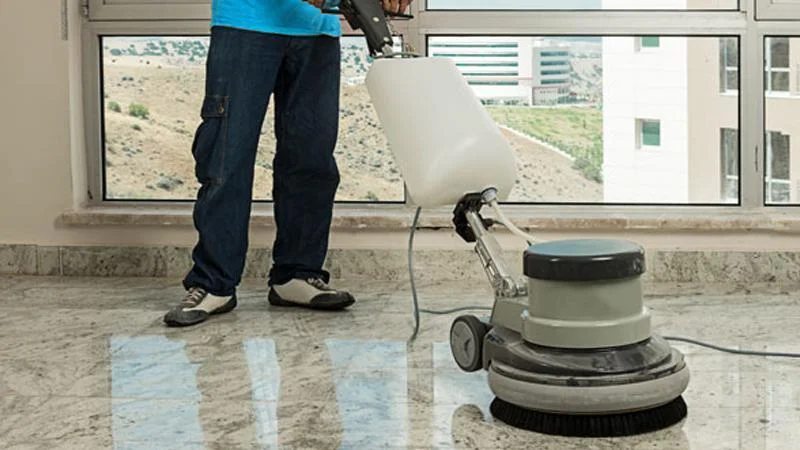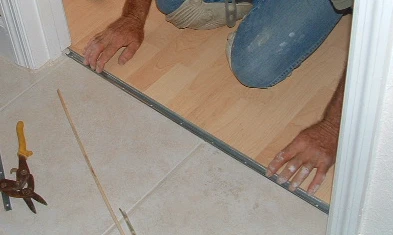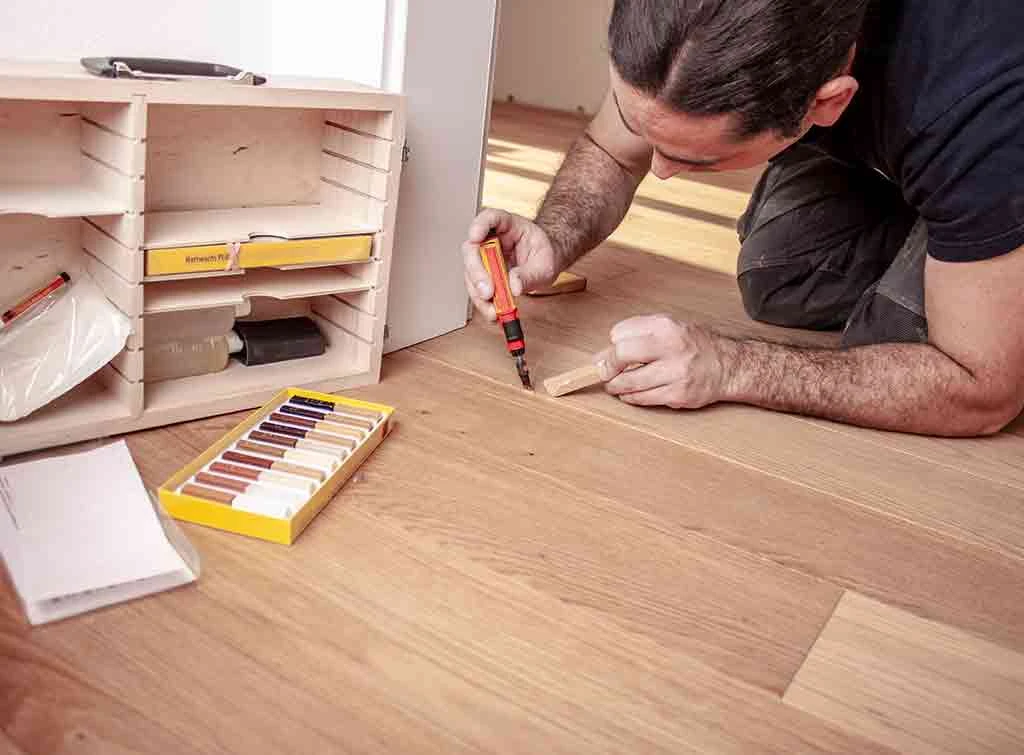Flooring Installation Services
What is involved in the process of flooring installation or replacement
The process of flooring installation or replacement begins with an assessment of the area, including measuring the space and evaluating the condition of the subfloor. Based on the flooring material selected, the installation team prepares the subfloor, which may involve leveling, repairing, or adding an underlayment for extra support.
The installation method varies depending on the type of flooring; for example, hardwood flooring may be nailed or glued down, while laminate flooring often uses a click-lock system. Tile flooring requires precise layout and grouting, while carpet installation involves stretching and securing the material to avoid wrinkles. Throughout the process, professionals ensure that each piece is properly aligned, cut to fit, and secured, resulting in a seamless and durable finish. After installation, the team typically cleans the area and provides care instructions to maintain the new flooring.
What long-term benefits do you gain from professional flooring installation
Professional flooring installation offers several long-term benefits, including enhanced durability, improved aesthetics, and increased property value. Properly installed flooring is less likely to suffer from issues such as gaps, warping, or premature wear, ensuring that it remains attractive and functional for years.
Additionally, professional installation ensures that the flooring material is laid according to manufacturer specifications, preserving any warranties that may apply. Well-installed flooring also contributes to a smoother, more comfortable surface, improving the overall feel and usability of the space. In the long run, investing in professional installation can save you money on repairs or replacements and add significant value to your home or business.
FAQs
How do I choose the right type of flooring for my space?
When choosing flooring, consider factors such as foot traffic, moisture levels, maintenance requirements, and your design preferences. Hardwood is durable and timeless, tile is ideal for wet areas, and carpet offers comfort in living spaces. Consulting with a flooring expert can help you make the best choice for your needs.
How long does flooring installation typically take?
The duration of flooring installation depends on the type of flooring and the size of the area. Smaller areas may be completed in a day, while larger or more complex installations, such as tile or hardwood, may take several days. Your flooring contractor can provide a more accurate timeline based on your specific project.
What should I do to prepare for flooring installation?
To prepare for flooring installation, clear the area of furniture and personal items. If possible, remove any existing flooring and ensure that the subfloor is clean and free of debris. Your contractor may offer additional preparation guidelines based on the flooring type.
Can I install flooring myself, or should I hire a professional?
While DIY flooring installation is possible for some materials, such as laminate or vinyl planks, professional installation is recommended for more complex materials like hardwood or tile. Professionals have the experience and tools needed to ensure a high-quality, long-lasting result.
How should I maintain my new flooring?
Maintenance depends on the type of flooring. Hardwood floors may require regular sweeping and occasional refinishing, while tile floors benefit from regular cleaning and sealing of grout lines. Carpet should be vacuumed frequently and deep cleaned periodically. Follow the manufacturer’s guidelines for the best results.







